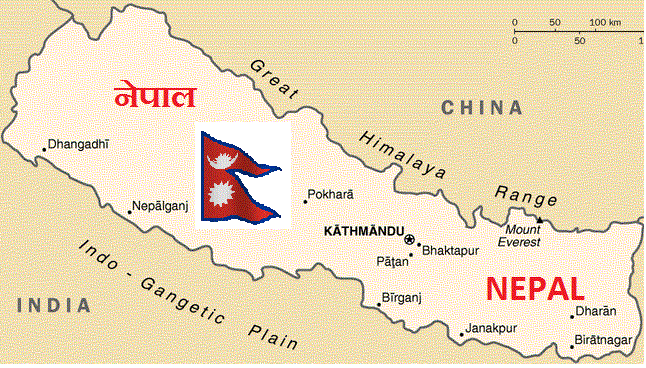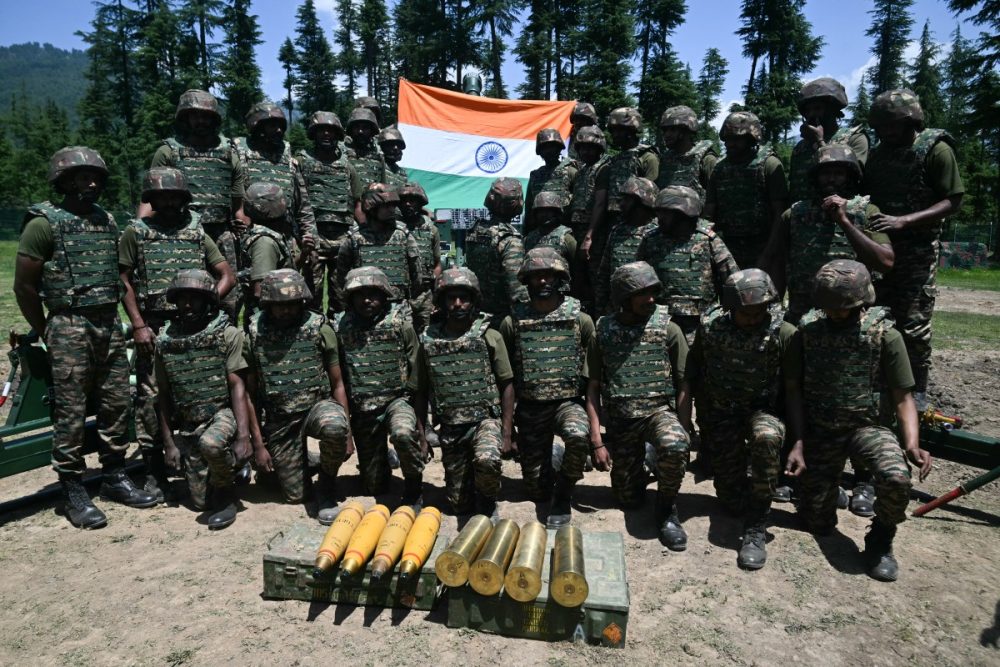Chinese Ambassador to Nepal Hao Yankee has reportedly met President Bidya Devi Bhandari at the presidential palace, fueling speculation that Beijing is trying to meddle in the Himalayan nation’s internal matters.
India-Vietnam Deal Angers China; Says ‘New Delhi Poking Its Nose’ In The South China Sea
The development comes days after Nepal Prime Minister KP Sharma Oli recommended the dissolution of Parliament.
Neither the Chinese embassy nor Nepal’s external affairs ministry has released any official statement on the meeting, which reportedly lasted almost an hour. In view of the border tension with China, India has been keeping a close eye on developments within Nepal as well as China’s actions. Beijing has invested heavily in the country in the past few years.

Barely two days ago, the Nepal President dissolved the Parliament based on the PM’s recommendation. There has been an internal feud in the Nepal Communist Party (NCP). It seems China, itself a communist country, is trying to prevent a split in the party.
Three years ago, the NCP was formed following the merger of PM Oli-led Communist Party of Nepal (Unified Marxist–Leninist) and his rival Pushpa Kamal Dahal aka Prachanda’s Communist Party of Nepal-Maoist Centre.
Earlier this year, Hao had grabbed headlines for her meetings with Nepalese leaders in an effort to keep the party intact. The conflict within the party has emerged due to the battle for supremacy between the two leaders.
China’s heightened interest in the politics of the small Himalayan nation stems due to its stake in it. A senior journalist from Nepal, Yubraj Ghimire, told BBC Hindi that China’s increased interests are also due to India’s role in its politics in 2006. India had played a crucial role in ending the Maoist insurgency in the country, which was highly appreciated by the US.
Ghimire says China began to see India’s involvement in Nepal as a security threat and hence increased its intervention in its internal politics. Currently, China has invested in major sectors such as energy, tourism, and post-2015 earthquake reconstruction. It is also Nepal’s biggest FDI (foreign direct investment) contributor. Therefore, Beijing is trying to avoid a political crisis in the country.

After Hao’s meeting with President and other political leaders in July this year, Chinese Embassy spokesperson Zhang Si had said Beijing did not wish to see the Nepal Communist Party in trouble and wished that leaders would resolve their differences and stay united.
Meanwhile, tensions between India and Nepal seem to have eased as Prime Minister Oli on Monday said: “Talks with India have progressed to resolve the existing problems.”
Earlier this year, when India had inaugurated an 80-km strategically important road connecting the Lipulekh pass with Dharchula in Uttarakhand, which lies on the northwestern frontier with China, Nepal accused India of encroachment.
Following the controversy, Nepal had even introduced a new map showing Kalapani, Lipulekh, and Limpiyadhura as part of its territory.
Follow EurAsian Times on Google




